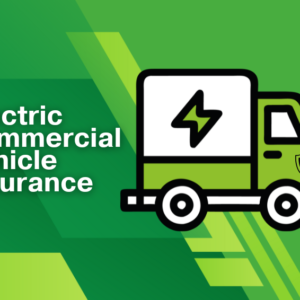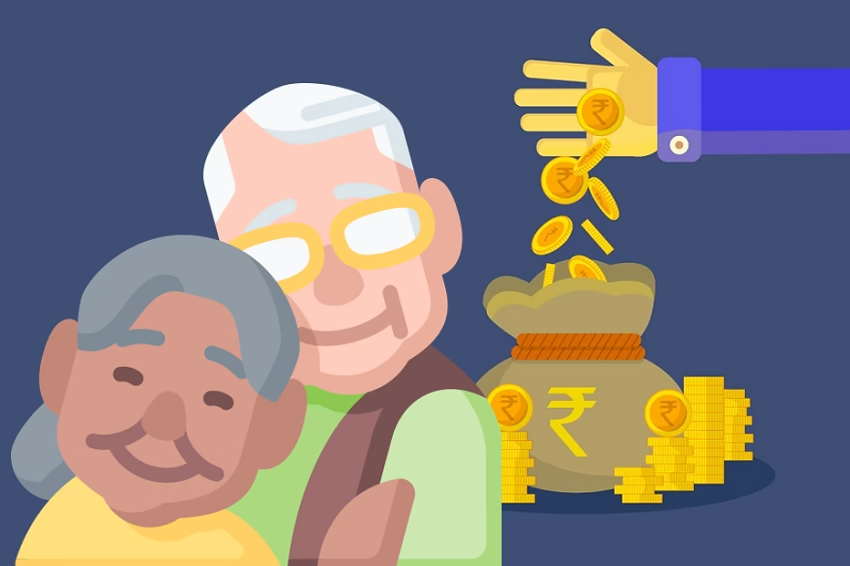Making informed financial decisions is very important. This is so that you do not have regrets. This is why you are advised to always make certain findings before making these decisions.
To do this, you might have to find out the fate of people that towed the path you are considering. Their experiences might help out.
Speaking of finding out about the experiences of others, here is something you should know about consumer loans. They are more common than many of us think.
Reliable stats have shown how a little above half the American population has taken one form of loan or the other. The shocker is that many more want to get access to these loans to execute certain projects.
About their experiences, this is not something unanimous. Some are glad they took the decision to get the loan and that it was granted. Some borrowers are indifferent. At the end of the continuum, some borrowers regret obtaining the consumer loan.
Well, this is why you need to get your facts straight before getting one. This article will answer a few questions about obtaining consumer loan to help out. We advise that you keep reading as the content here will be relevant and/or informative (at least).
What is a Consumer Loan?
It is a loan granted to the borrower by the lender to finance certain types of projects. On the flip side, there is such a thing as a close-end option which means that the loan can be used for anything.
Whether it is a close or open-end option, the point is that the borrower is obliged to repay. However, more than the original amount borrowed will be refunded. This explains the concept of interest rates. By interest rate, we mean both the nominal and the effective rates.
What Can You Finance with a Consumer Loan?
Many consumer loan plans are provided by financial institutions to help borrowers finance certain projects. This is even though there are loans that are close-ended as explained above. However, some of the more common open-end options include:
Student Loans
You already know that the government spends a lot on the education system if you live and/or are used to this location. However, you need to get funds for yourself if you want a college degree and more.
Some people try to get partial or fully funded scholarships to help out. Well, the truth is that this cannot go around. As a result, students need loans and this is where the student loan comes in.
Mortgages
This is the plan that allows people that cannot afford a house to buy one. They are to eventually offset the debt using a payment plan agreed to by the lender.
It would interest you to know that many people in this country have and are taking advantage of this plan. Even the Covid-19 pandemic did not stop the demand for this loan plan by financial institutions.
Auto Loans
Not everyone riding a fancy automobile paid fully for the moving machine and this does not mean the dealer is owed. The buyer might have simply used an auto loan to purchase the vehicle. And as with every other kind of consumer loan, the borrower is obliged to repay with interest.
Is a Credit Card Considered a Consumer Loan?
Credit cards are considered consumer loans technically. But this depends on how you see it or the yardsticks used to determine what a consumer loan is.
The simple fact is that the credit card option differs in some ways from every other type. This is why some people or sources choose to see it as different. Here are some of the differences:
Interest Rate
Frankly, this is the major area of difference. For credit cards, there is the possibility that you do not pay any interest. But how is this possible?
This is possible if the borrower pays right on time or before the due date. With the credit card option, interest rate sets in when payment is not made as at when due.
Well, this is not the case with other consumer loan options. This is because nominal and effective rates apply regardless of how quickly payment is made.
Fund Limit
This is where it gets a little bit tricky and so you should pay attention. Fund limit is another area where credit cards differ from other options.
With other options, you get a specific amount from the lender in full. For instance, you can get an auto loan of 45,000 dollars (no more and no less).
On the contrary, you work with fund limits with credit cards. You can have a limit of 45,000 dollars for instance. This does not mean you have to use all 45,000 dollars that you have access to. Not spending anywhere close to your credit limit is even advised. This is because it will positively affect your credit score rating.
Open vs Close-Ended
The whole idea of credit cards is to help with open end purchases. This means the amount withdrawn using the credit card can be used to buy anything. This is as long as your limit is not exceeded.
Well, this is not often the case with other options. More often than not, options other than credit cards are closed-end loans.
This means that they are designed to help execute a certain project. This could be property investment, buying a new home, renovating an old one, buying a new car, funding your studies, and several other things. Although there are some open-ended options, close-ended options are more common.
Requirements for Getting Consumer Loans
Requirements for getting these loans are ultimately up to the lender. However, there are some general and age-long requirements that matter. Some of them are:
Collateral
There is a difference between unsecured and secure consumer loans. For the latter, the lender insists on holding on to something. This gives them leverage in case the borrower is unable to pay up or refuses to do so.
So, having collateral can make getting a consumer loan possible and a lot easier. However, it is not always a requirement and this explains the concept of unsecure consumer loans.
Good Credit Score
This is especially very important if you are getting an unsecure loan and this also applies to credit cards. The financial institution needs to make sure you can pay back as agreed. So, they calculate your credit score to make sure of this.
Many things influence your credit score. Some of them include your credit history (in terms of borrowing and payment), income, expenditure, and a few other things.
Some financial institutions go all the way to make some additional findings. Aside from these, there are some general requirements.
For instance, people below a certain age cannot have access to these loans, the borrower needs to be a citizen or long-time resident, must be a taxpayer, must have a social security number, and some other things. These are some of the things that make people eligible and even influence the loan’s terms and conditions.
On a Final Note
Answers to 4 common questions about consumer loans have been given in this article. You are advised to go over them again and make sure your decision to get a consumer loan is informed. Furthermore, you need to do business with the right financial institution when the need to get a consumer loan arises.






